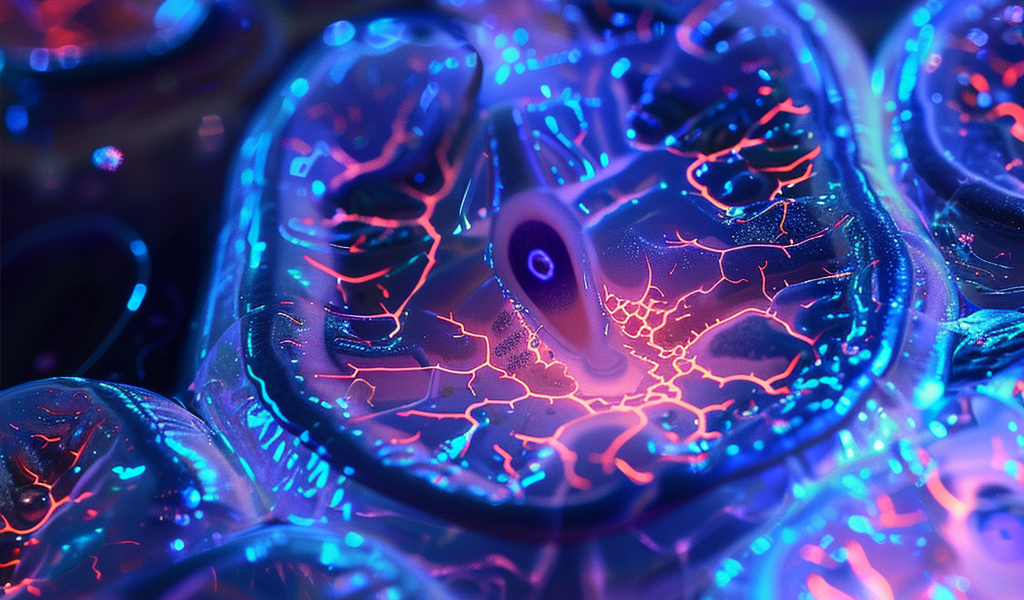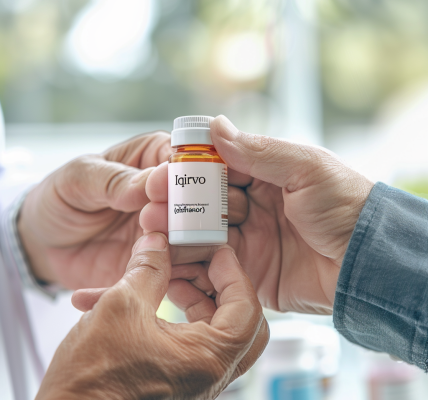Organoids reveal how to protect the brain against dementia and ALS following traumatic injury, according to USC Stem Cell study
A new study conducted by scientists at the Keck School of Medicine of USC has shed light on the link between traumatic brain injury (TBI) and the increased risk of developing dementia and neurodegenerative diseases such as ALS. The research, published in Cell Stem Cell, utilized lab-grown human brain structures known as organoids to explore the underlying mechanisms and potential strategies for mitigating these risks.
The study, led by former postdoc Jesse Lai and PhD student Joshua Berlind from the USC Stem Cell laboratory of Justin Ichida, involved the use of human patient-derived stem cells to cultivate organoids in the lab. These organoids were then subjected to high-intensity ultrasound waves to simulate TBI.
Results from the study revealed that the injured organoids exhibited similar features to those observed in TBI patients, including nerve cell death and pathological changes in tau proteins and TDP-43. Notably, the pathological changes in TDP-43 were more prevalent in organoids derived from patients with ALS or frontotemporal dementia, indicating an increased susceptibility to dysfunction and death following injury. This suggests that TBI may exacerbate the risk of developing these diseases, particularly for individuals with a genetic predisposition.
Furthermore, the study identified a gene called KCNJ2, which plays a crucial role in enabling muscle contraction and relaxation by regulating potassium flow through cell membranes. Inhibiting this gene demonstrated a protective effect on both ALS and non-ALS organoids, as well as in mice following TBI, suggesting its potential as a target for post-injury treatment or prophylactic intervention for individuals at high risk of TBI.
According to Justin Ichida, the John Douglas French Alzheimer’s Foundation Associate Professor of Stem Cell Biology and Regenerative Medicine at USC, and a principal investigator at the Eli and Edythe Broad Center for Regenerative Medicine and Stem Cell Research at USC, “Targeting KCNJ2 may reduce the death of nerve cells after TBI. This could have potential as either a post-injury treatment or as a prophylactic for athletes and others at high risk for TBI.”
The findings of this study provide valuable insights into the mechanisms underlying the increased risk of dementia and ALS following TBI, as well as potential avenues for mitigating these risks. The identification of KCNJ2 as a potential target for intervention offers promising prospects for the development of post-injury treatments and preventive measures for individuals at risk of TBI.





